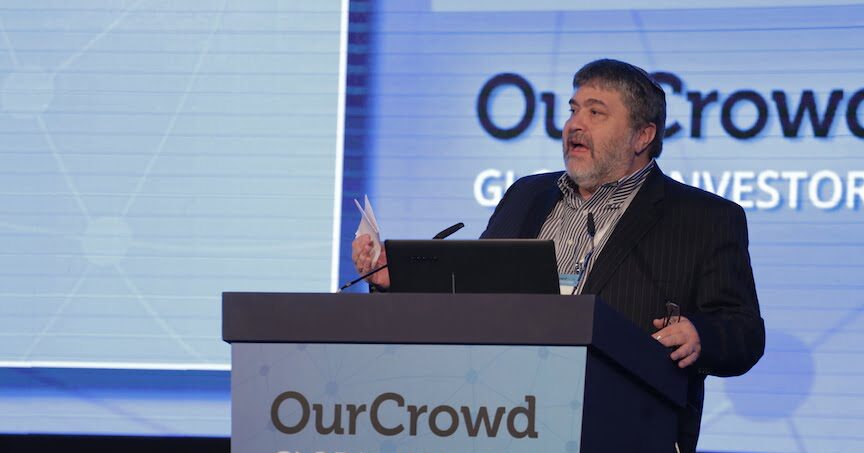OurCrowd, an Israel-based global venture firm, will launch a $200 million investment fund in collaboration with the WHO foundation (World Health Organization).
It will fund innovative and breakthrough technology in a bid to provide equitable access to medical care for all.
The Global Health Equity Fund (GHEF) will focus on healthcare and the industries that affect our health, including energy transition and food agriculture. The fund will also work to mitigate current global health risks related to climate, fossil fuels, and looming food shortages.
The GHEF was conceived in the wake of the COVID-19 pandemic, which exposed weaknesses in health systems, the under-funding of healthcare provision, and inequitable access to technology solutions, including vaccines, medicines, and diagnostics developed to fight the virus. These solutions are still unavailable to the majority of populations of low-income countries.
OurCrowd and the WHO Foundation will also compose a global health advisory board to ensure the companies they invested in will commit to making their technology solutions accessible and affordable for low- and middle-income populations. The companies will develop commercially viable business models that combine economic return with equitable access, coined as the Access Pledge.
“COVID-19 was a wake-up call for me as an investor,” said Jon Medved, Founder and CEO of OurCrowd.
“The pandemic opened my eyes to health inequity around the world and reinforced the potential of innovative technology to save lives. I am proud of our track record of identifying healthcare investments that have delivered value to patients and investors.
“This new fund builds on that success with the explicit orientation of having impact. The collaboration with the WHO Foundation will allow us to identify even more exciting investments and facilitate the commitment of investors and entrepreneurs to equitable access to the technologies we support.”
Anil Soni, CEO of the WHO Foundation, said: “In every country in the world, too many men, women, and children lack access to adequate healthcare because of income disparities and systemic barriers that perpetuate inequity.
“Despite clear models for successfully balancing economic return with equitable access, such as the provision of medicines for HIV and AIDS, the world failed to deliver solutions for COVID-19 to everyone, everywhere. It is imperative that we deploy solutions in response to that failure, including directing investment to innovation and aligning both to equity as a goal from the start.”
Related posts

Israeli AI Safety Tool Among TIME’S Best Inventions For 2024

TAU Team Discovers Mechanism To Eliminate Cancerous Tumors

Ashdod Port Investing In Startups As Part Of Innovation Strategy




Facebook comments